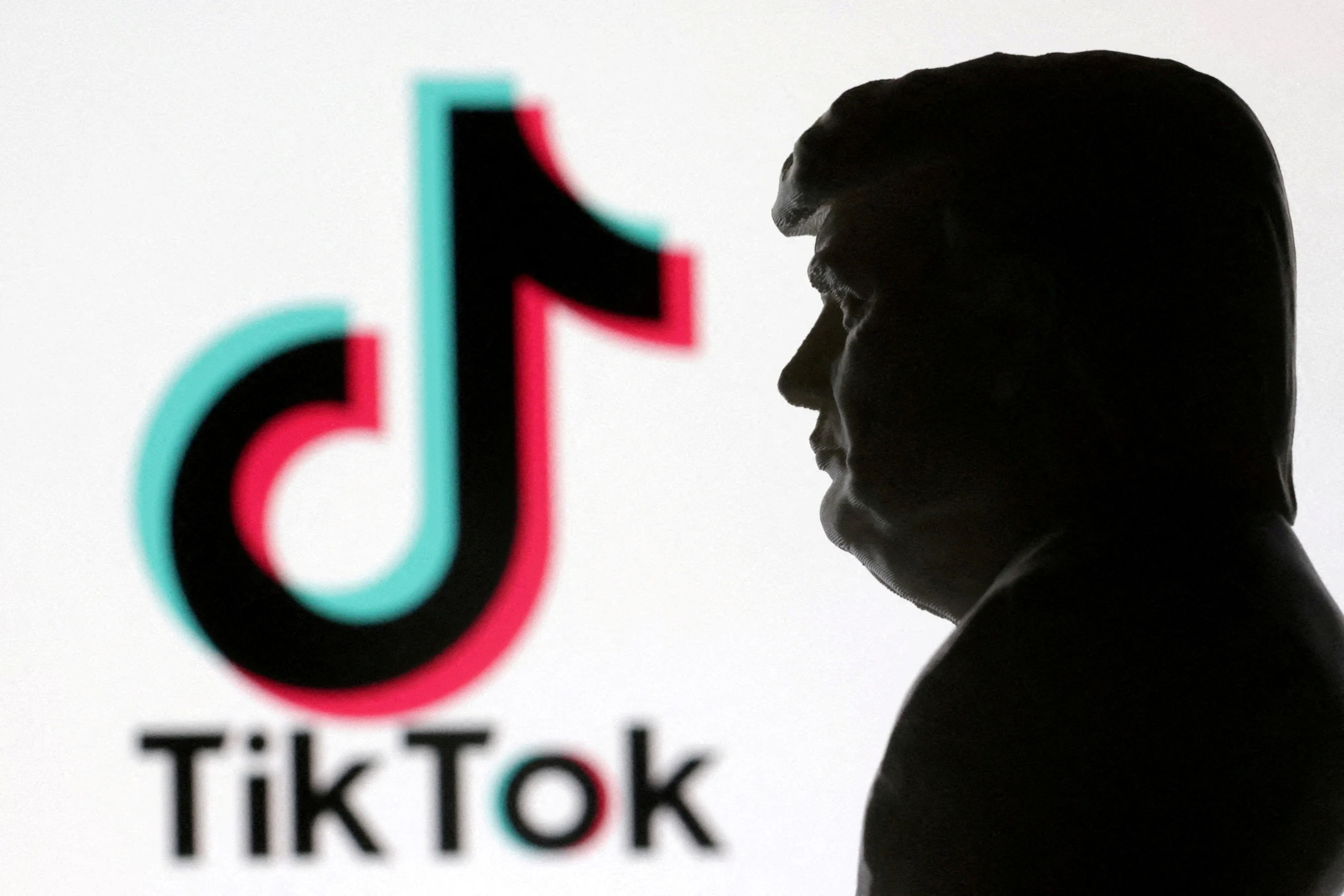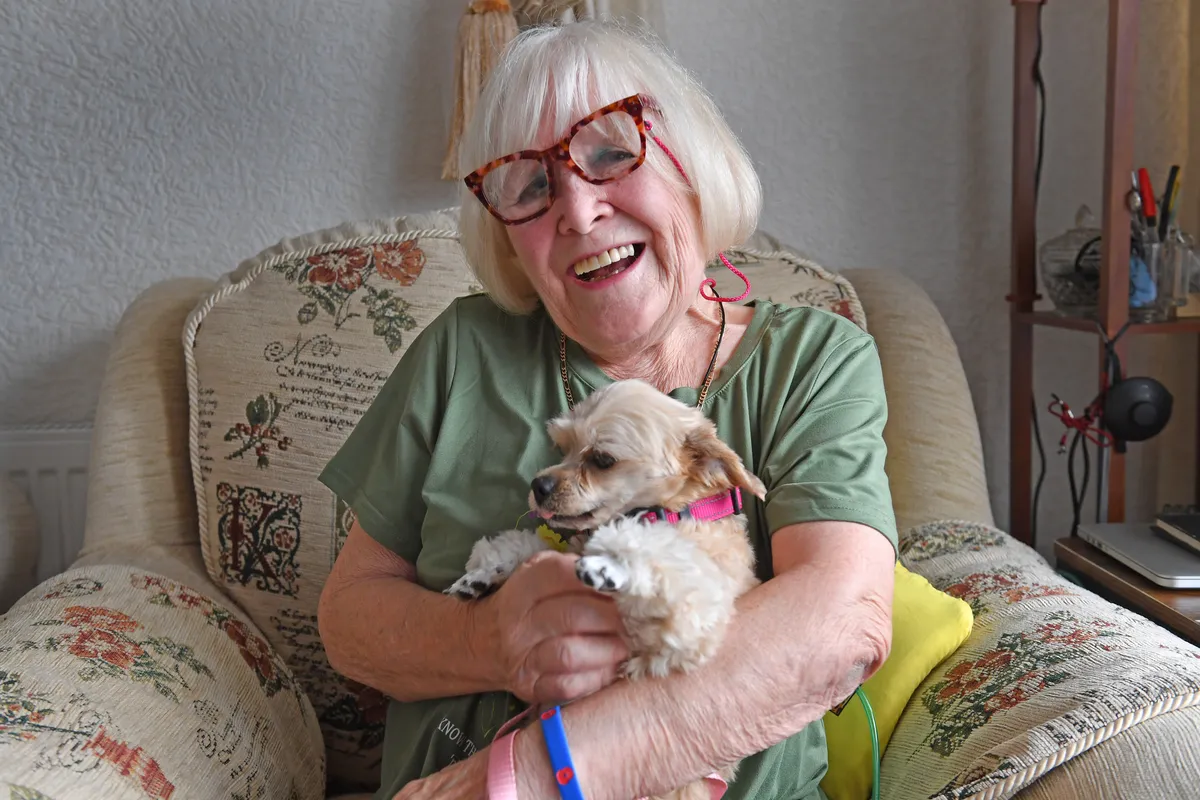By Bochen Han
Copyright scmp

US President Donald Trump on Thursday declared that a deal for TikTok satisfied the requirements of the US’ sale-or-ban law for the Chinese-owned short-video app, punctuating months of deliberations and years of angst in Washington over the app’s security implications.
“I have determined that the proposed divestiture would allow the millions of Americans who enjoy TikTok every day to continue using it while also protecting national security,” Trump wrote in an executive order issued on Thursday.
“We have very good controls…it’s going to be as secure as you can be,” he added.
Trump also reiterated that Chinese President Xi Jinping had given him the “go-ahead” on the deal in their call last week.
Speaking at the Oval Office alongside Trump, Vice-President J.D. Vance said the new version of TikTok will be valued at around US$14 billion.
“Ultimately, the investors are going to make the determination about what they want to invest in and what they think is proper value,” he said, adding that details about “who exactly is involved in the deal” will be announced “in the days to come”.
For years, Washington lawmakers have warned that TikTok’s ownership makes it beholden to the Chinese government and that Beijing could use the app to spy on Americans or conduct influence operations.
Last year, then-US President Joe Biden signed into law a bill requiring TikTok to be sold or banned if a “foreign adversary” retained control – defined as a stake of 20 per cent or more. The law set a January deadline and allowed for a one-time extension if “significant” progress towards a sale was evident, but Trump has repeatedly delayed its enforcement.
Thursday’s executive order did not specify a timeline for the deal with Beijing, but it delayed enforcement of the TikTok law by 120 days from the day of the order.
Last week, Trump extended the deadline to mid-December – the fourth such extension – a move that came a day after Washington and Beijing announced they had reached a “framework” for a TikTok deal during trade talks in Madrid.
At the time, Chinese cyberspace official Wang Jingtao suggested the arrangement could involve licensing the app’s algorithm.
Asked on Thursday whether he had security concerns over the proposed licensing of the algorithm, Trump said he did not because “it’s owned by Americans – and very sophisticated Americans and people that love the country”.
The new app is expected to be owned by a joint venture between a US investor consortium that includes tech giant Oracle and private equity firm Silver Lake, and current parent company ByteDance, which would retain a minority stake and take one of seven board seats.
Under the proposed terms of the deal, which has yet to be confirmed by Beijing, American investors will own around 80 per cent of the app. ByteDance and its affiliates will own less than 20 per cent.
In the US, TikTok will be operated by a board of directors with national security and cybersecurity credentials, and ByteDance’s lone board representative will be excluded from the app’s security committee, the White House has said.
Control of the algorithm, widely considered the app’s secret sauce, has been a central point of contention. Beijing has resisted relinquishing it, though US law requires TikTok to be cut off from any “operational relationship” with ByteDance, “including any cooperation with respect to the operation of a content recommendation algorithm”.
Trump said the joint venture would control the operation of the algorithms and code, as well as decisions about content moderation.
Oracle, in partnership with the US government, is set to monitor the security of US user data on TikTok’s platform, the White House also confirmed.
“Oracle, I guess, is going to play a very big role in terms of security, safety, and everything else,” Trump said.
Americans’ data will be stored securely on servers operated by Oracle in the US “without access from China” and the algorithm would be retrained and operated in the US outside ByteDance’s control, White House spokesperson Karoline Leavitt said on Monday.
But, she added, TikTok will remain globally interoperable, meaning that TikTok users will be able to view videos posted in other countries and vice versa.
Users had previously expressed concern that the app would be substantively different and disconnected from the global experience, which they see as a core value of the platform.
Some remain concerned that they will be recommended only US-generated content if only US user data is used to train the app, while others are concerned that the algorithm may not remain as effective as it is today and TikTok can draw on ByteDance’s global engineering talent and product expertise.
Others, including Congressman Ro Khanna of California, have warned that the divestiture and accompanying changes to the algorithm could suppress political speech.
Asked on Thursday if the algorithm would prioritise “Make America Great Again” content, the US President said no.
“If I could make it 100 per cent MAGA, I would, but it’s not going to work out that way, unfortunately…everyone’s going to be treated fairly,” Trump said.
Meanwhile, some China hawks are taking issue with ByteDance’s continued role in the deal, despite the law allowing for Chinese involvement.
“Congress mandated a clean break with the Chinese Communist Party; licensing Beijing’s algorithm is not a clean break, it’s a loophole,” said Craig Singleton of the Foundation for the Defence of Democracies.
“If US TikTok relies on ByteDance’s model through licensing, updates, or shared tooling, that creates an ‘operational relationship’ around the recommendation algorithm.”
Under Chinese regulations, some technologies used by TikTok, including the recommendation algorithm, require Beijing’s approval for export. The restriction was implemented by Beijing in 2020, killing a deal that had been under negotiation involving ByteDance, Oracle and Walmart during the first Trump administration.
In the years since, Beijing had given little indication it would support a sale, repeatedly urging the US to provide an open and non-discriminatory business environment for Chinese businesses.
An earlier attempt this year to spin off TikTok’s US operations into a majority US-owned firm stalled after Beijing signalled opposition following Trump’s tariff escalations against Chinese imports.
Details of the new deal revealed so far are similar to another plan developed by ByteDance around 2020, called Project Texas, which aimed to address national security concerns about TikTok.
The plan called for all US TikTok user data to be stored on Oracle-run servers, with Oracle and a third party reviewing the app’s source code to guard against manipulation.
TikTok has stated portions of the plan – including the migration of all US data to Oracle servers – have since been implemented.



